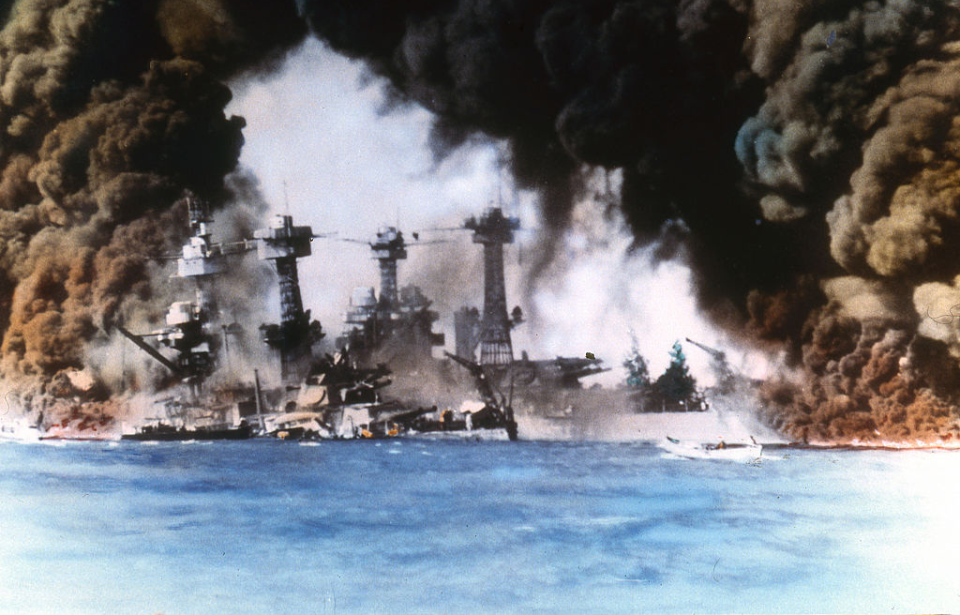A lot’s known about the Japanese attack on Pearl Harbor, but how much is true and what’s become twisted over the decades? The American entry into World War II that followed led to frenzy and panic, causing inaccurate information to spread at a rapid pace. This led to myths about the surprise assault, but what’s the truth?
Here are five myths and their realities.
Pearl Harbor was the only target
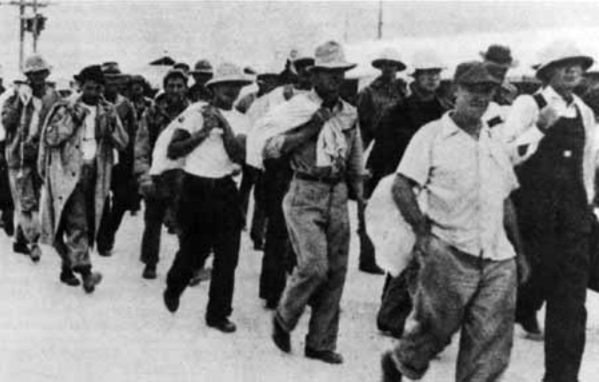
A widely believed myth is that Pearl Harbor was the only target hit by the Japanese on December 7, 1941. While it’s become the best-known target, it was actually one of six. The Japanese also attacked Guam, Wake Island, Midway, Thailand and Malaya on that day (given time differences, some are listed as occurring on December 8).
Pearl Harbor was a single part of a larger campaign by the Japanese to control the Pacific. It was largely successful throughout the following year, with only the naval station and Midway not falling to the Japanese during the Second World War.
This has become so widely believed because Pearl Harbor was the most crippling of the assaults. It also resulted in the most American losses that day, which brought the war home to most people.
Japanese-Americans were the only ones detained after the attack
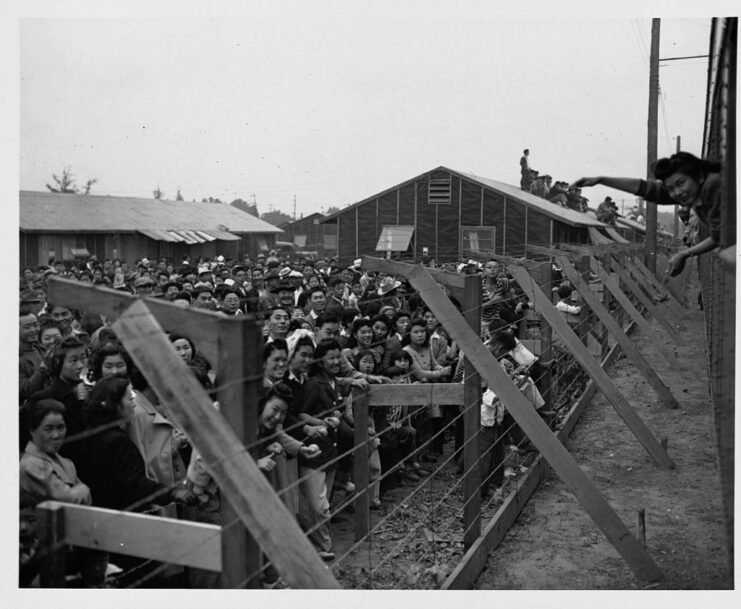
The internment of Japanese-Americans is well known and leads many to believe they were the only citizens detained after Pearl Harbor. This myth grew to its standing today because of the harsher treatment Japanese-Americans faced.
Following the attack, more than 3,000 individuals were arrested by the Federal Bureau of Investigation (FBI), the G-2 unit within the US Army and the Office of Naval Intelligence for subversive activity. This included Japanese-Americans, along with people of Italian and German descent.
Over the course of World War II, around 120,000 Japanese-American citizens were sent to internment camps and approximately 11,000 German-Americans were interned, as well. An estimated 600,000 people of Italian descent were kept under restrictions.
A quick and decisive response by the United States
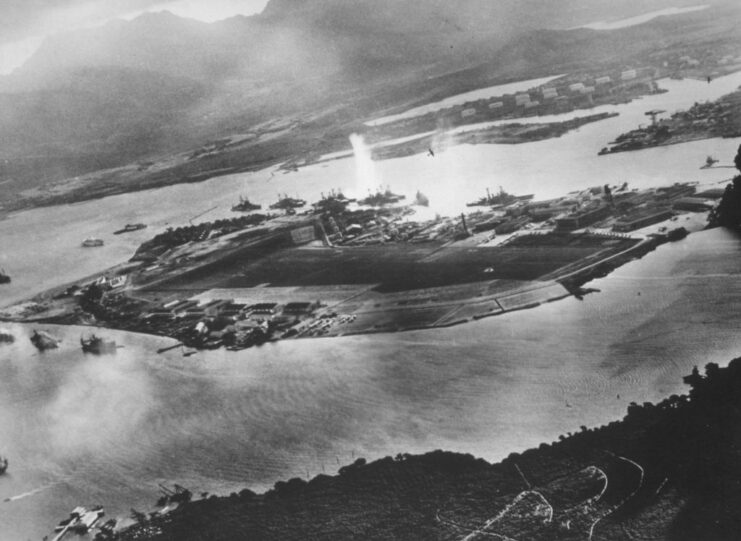
The idea that the US government and military responded to the devastating attack quickly and decisively is a popular one, but it’s a myth. In the months following what took place, the country suffered multiple defeats in the Pacific region.
This myth may have started when a rumor spread throughout the country on December 8, 1941, that the US Navy was in pursuit of the Japanese fleet. This is false, with Gen. Douglas MacArthur actually pleading for more naval assistance. In reality, a telegram was sent to President Franklin D. Roosevelt, asking for assistance and submarines to target Japanese vessels. This went unanswered and is believed to have led to the fall of the Philippines.
The first major offensive by the US occurred in February 1942, when the Pacific Fleet launched attacks on the Marshall and Gilbert Islands. Before these raids, the last successful engagement had occurred prior to Pearl Harbor.
Pearl Harbor convinced the United States to join World War II
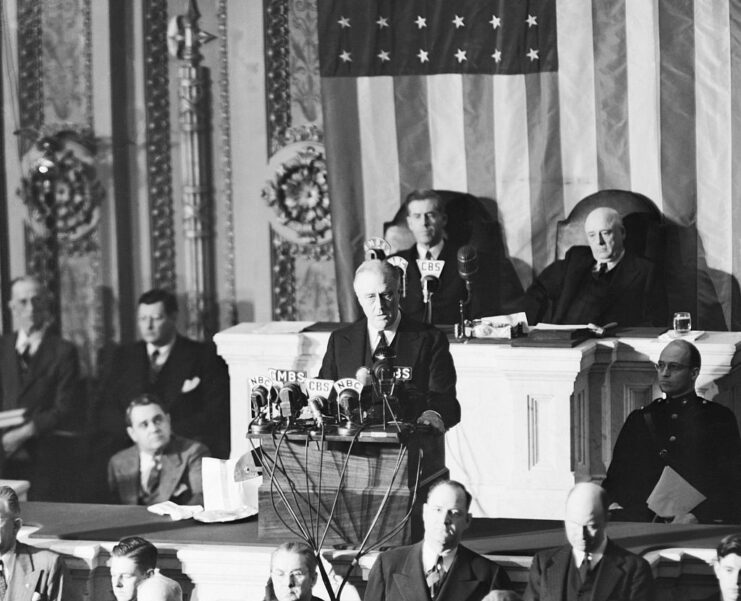
The most common myth is that the attack on Pearl Harbor propelled the United States into World War II and turned the tide on the Axis Powers. A closer look, however, shows this isn’t quite true.
Before the assault, America was largely isolationist and unwilling to become embroiled in another European conflict. Franklin D. Roosevelt presented a declaration against Japan to the US Congress, which passed with overwhelming support. Thus, the nation was propelled only into the Pacific War as a result of Pearl Harbor – not the Second World War as a whole.
More from us: Tuskegee Airmen: The African-American Pilots Who Broke Barriers in World War II
Want to become a trivia master? Sign up for our War History Fact of the Day newsletter!
America only became involved in the European War on December 11, the date Italy and Germany declared war on the US.
